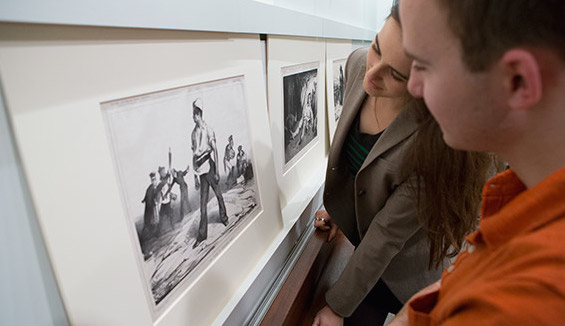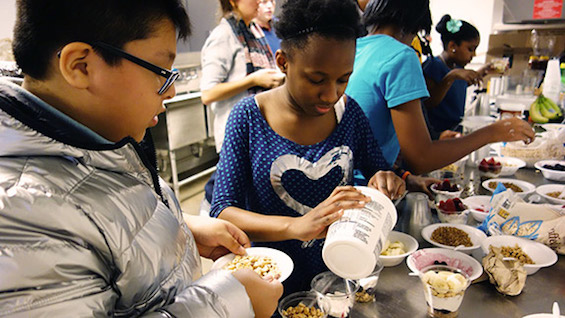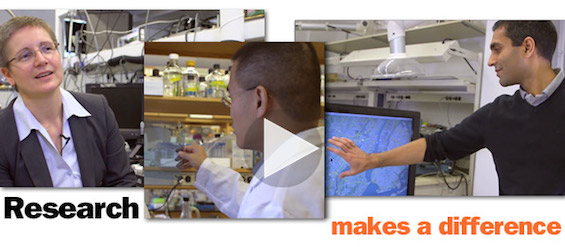 Students in the course “Social Psychology” called on concepts from the course about the way people think about, feel and behave in social situations to tackle questions from a range of New Jersey nonprofit groups.
Students in the course “Social Psychology” called on concepts from the course about the way people think about, feel and behave in social situations to tackle questions from a range of New Jersey nonprofit groups.
Read more about the “Social Psychology” course

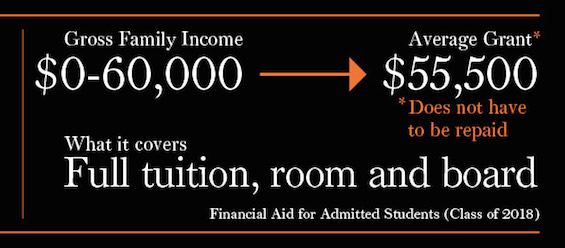
 Five inventions with the potential for societal benefit and commercial applications have been awarded support through Princeton’s Intellectual Property Accelerator Fund, which aims to help promising technologies bridge the gap between the laboratory and the marketplace.
Five inventions with the potential for societal benefit and commercial applications have been awarded support through Princeton’s Intellectual Property Accelerator Fund, which aims to help promising technologies bridge the gap between the laboratory and the marketplace.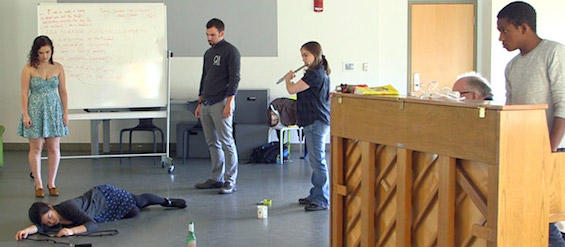 In the class “Development of the Multi-Skilled Performer,” taught by John Doyle, a renowned theater director and a visiting lecturer with the rank of professor in theater at Princeton’s Lewis Center for the Arts, 13 Princeton undergraduates are learning about actor-musicianship, a genre of theater in which there is no orchestra: actors play their own instruments, sing or use their voice as a musical instrument and use “found sound” with common objects.
In the class “Development of the Multi-Skilled Performer,” taught by John Doyle, a renowned theater director and a visiting lecturer with the rank of professor in theater at Princeton’s Lewis Center for the Arts, 13 Princeton undergraduates are learning about actor-musicianship, a genre of theater in which there is no orchestra: actors play their own instruments, sing or use their voice as a musical instrument and use “found sound” with common objects.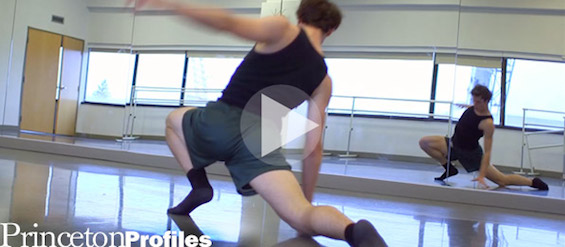 Princeton University junior Colby Hyland fell in love with dance when he was 8 years old. Now, 12 years later, the Massachusetts native is majoring in molecular biology and pursuing a certificate in dance.
Princeton University junior Colby Hyland fell in love with dance when he was 8 years old. Now, 12 years later, the Massachusetts native is majoring in molecular biology and pursuing a certificate in dance.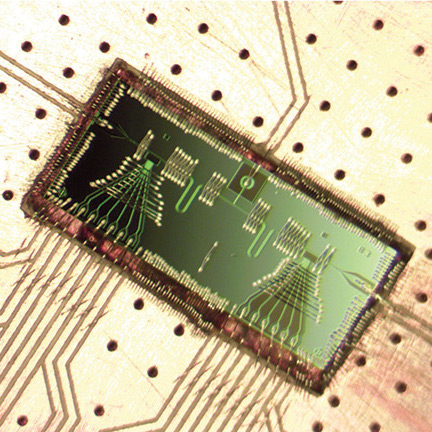
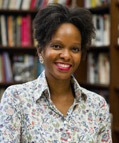
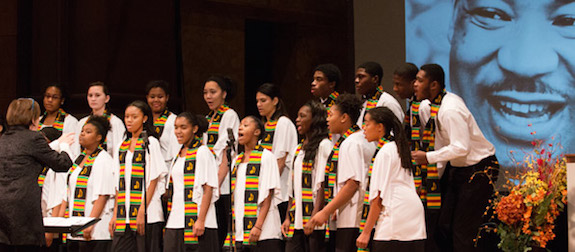
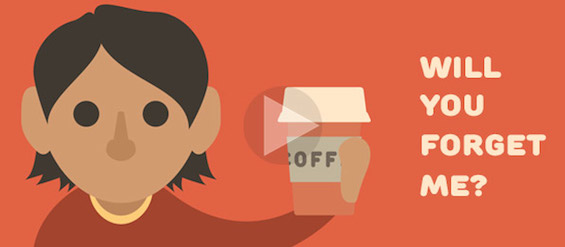
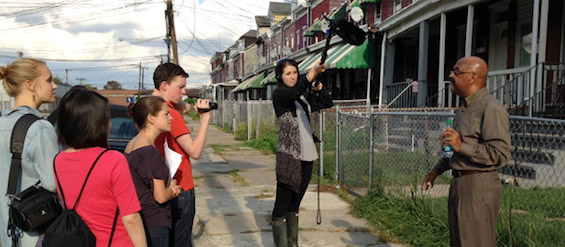


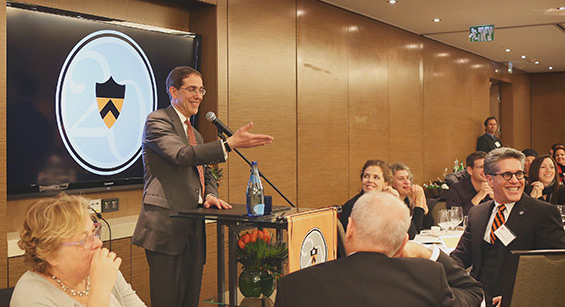 As part of his international outreach since becoming president of Princeton University in 2013, Christopher L. Eisgruber traveled to Israel Dec. 29-31 to meet with alumni and strengthen academic connections.
As part of his international outreach since becoming president of Princeton University in 2013, Christopher L. Eisgruber traveled to Israel Dec. 29-31 to meet with alumni and strengthen academic connections.